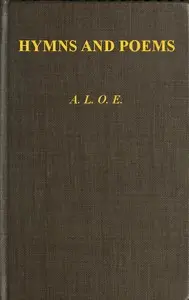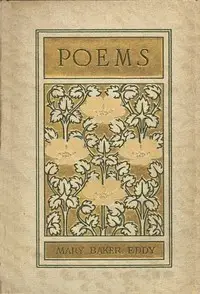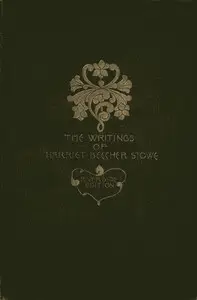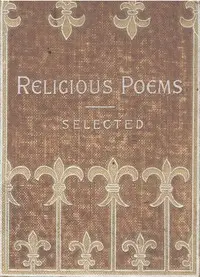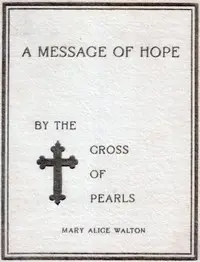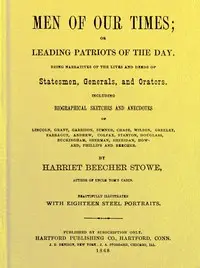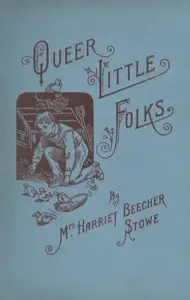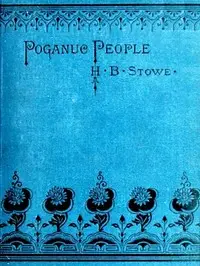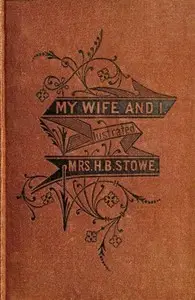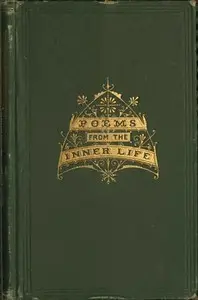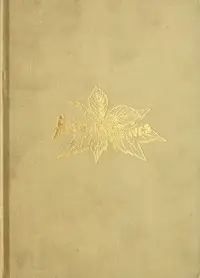Religious Poems by Harriet Beecher Stowe is a compilation of verses crafted in the heart of the 1800s. It examines ideas about belief, difficulties, and the sacred, mirroring the writer's strong religious feelings and life lessons. Well known for "Uncle Tom's Cabin", Stowe uses literature to share spiritual thoughts and discuss the hard parts of being human, like having faith and dealing with loss. This book has many poems, each looking at faith from a different view. The poems talk about sad people, connections with God, and hopes of coming back to life and finding peace after death. In this collection, "Mary at the Cross" shows thoughts about a mother's sadness, and "The Other World" and "Consolation" make people feel better when they are sad or unsure. Each poem mixes pretty language with deep religious and emotional thoughts, revealing Stowe's talent for blending her writing skills with her spiritual ideas, with the final goal of giving her audience faith and inspiration.
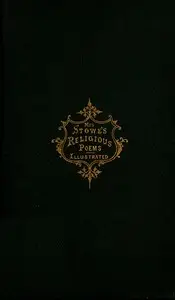
Religious Poems
By Harriet Beecher Stowe
Through sorrow and belief, verses express hope for comfort, life after death, and finding the sacred in all things.
Summary
About the AuthorHarriet Elisabeth Beecher Stowe was an American author and abolitionist. She came from the religious Beecher family and wrote the popular novel Uncle Tom's Cabin (1852), which depicts the harsh conditions experienced by enslaved African Americans. The book reached an audience of millions as a novel and play, and became influential in the United States and in Great Britain, energizing anti-slavery forces in the American North, while provoking widespread anger in the South. Stowe wrote 30 books, including novels, three travel memoirs, and collections of articles and letters. She was influential both for her writings as well as for her public stances and debates on social issues of the day.
Harriet Elisabeth Beecher Stowe was an American author and abolitionist. She came from the religious Beecher family and wrote the popular novel Uncle Tom's Cabin (1852), which depicts the harsh conditions experienced by enslaved African Americans. The book reached an audience of millions as a novel and play, and became influential in the United States and in Great Britain, energizing anti-slavery forces in the American North, while provoking widespread anger in the South. Stowe wrote 30 books, including novels, three travel memoirs, and collections of articles and letters. She was influential both for her writings as well as for her public stances and debates on social issues of the day.

